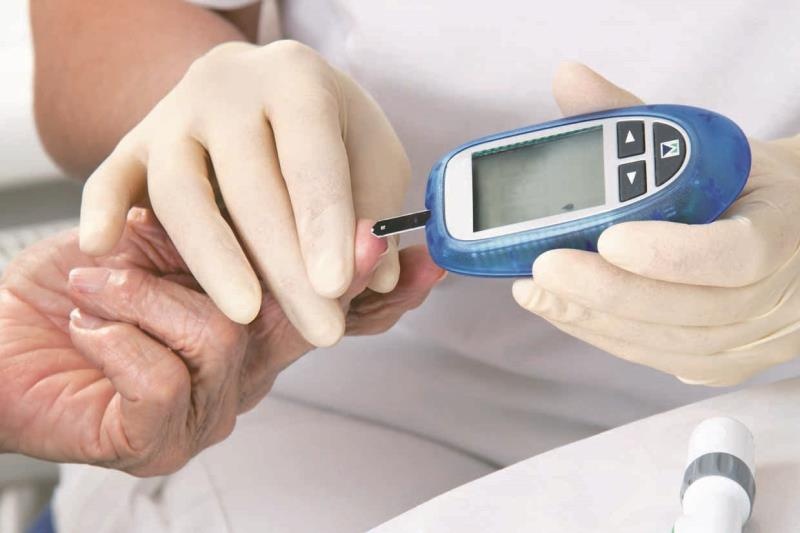
New Drug Protects Diabetic Patients from Kidney Damage
SadaNews - A large international study led by researchers from the University Medical Center Groningen in the Netherlands has shown that a new drug has achieved promising results in protecting the kidneys of patients with type 1 diabetes who suffer from chronic kidney disease.
The researchers explained that the drug, known as "Finerenone," represents the first effective and safe medicinal discovery in three decades for patients with type 1 diabetes who have kidney diseases. The results were presented on Thursday during the annual conference of the American Kidney Association held in Houston, USA.
Type 1 diabetes is considered one of the autoimmune diseases, where the immune system attacks the pancreatic cells responsible for producing insulin, leading to chronic high blood sugar levels.
Chronic kidney disease is among the most common and serious complications in this group of patients, affecting about 30 to 40 percent of them. Over time, it causes damage to the small blood vessels within the kidneys, resulting in protein loss in urine and a gradual decline in kidney function that can end in kidney failure and the need for dialysis or transplantation.
This condition is also associated with an increased risk of cardiovascular diseases and early death, making early prevention and kidney protection a top priority in managing this chronic disease.
The study included 242 patients from 82 hospitals across nine countries in Asia, Europe, and North America. The results showed that the drug is safe and well-tolerated by patients, with only a slight increase in blood potassium levels, an expected side effect that can be medically monitored.
The results revealed that the drug contributed to a reduction in the quantity of protein excreted in urine by up to 25 percent during a six-month follow-up period, which is a significant indicator of improved kidney function and reduced damage.
According to the study, the new drug works by inhibiting the "aldosterone" hormone receptors produced by the adrenal gland to regulate salt and water balance and blood pressure. Data shows that this inhibition limits inflammation and fibrosis in kidney tissues, thereby slowing the decline in their function over time.
The team stated that reducing protein loss in urine represents the best early indicator of kidney protection, as traditional signs of damage, such as the need for dialysis or kidney transplantation, appear at advanced stages and require years of monitoring.
The team highlighted that these results represent the first real progress in over 30 years in the treatment of kidney diseases in patients with type 1 diabetes, as treatments have been reliant solely on traditional blood pressure-lowering medications.
The researchers added that the results provide new hope for patients with type 1 diabetes and encourage expanding research to assess new drugs that could protect the kidneys and heart in this group at risk of serious complications.

Scientists Attempt to "Intercept Cancer" Before Its Formation.. Know the Details

American Fact-Checking Platform Exposes Trump's Exaggerations in State of the Union Addres...

How Mourinho Deceived Everyone and Watched the Match Between Real Madrid and Benfica from...

Fat Loss Improves Blood Pressure and Supports Immunity

Galaxy S26 Armed with a Smart Feature to Combat the Most Dangerous Threats to Smartphones

Discovery of Microplastic Particles in 90% of Prostate Cancer Cases

Artificial Intelligence Diagnoses Children's Brain Tumors with 92% Accuracy Without Surger...

